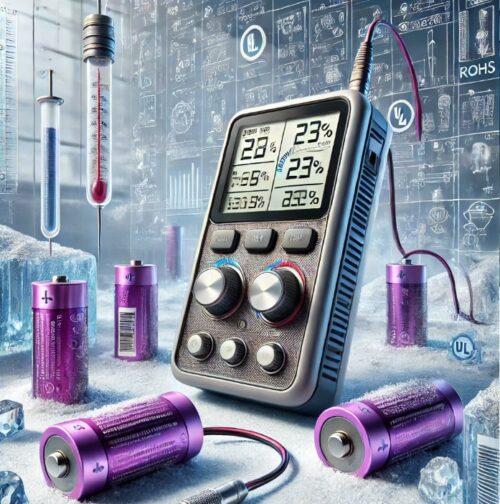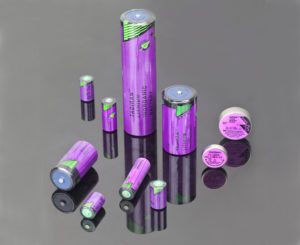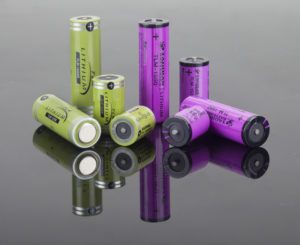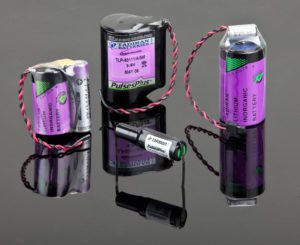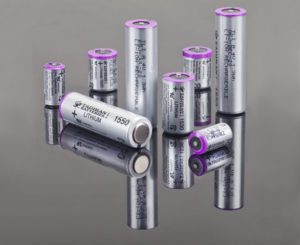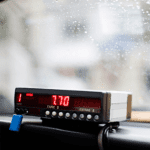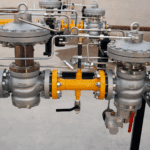Choosing the Right Battery for your Data Logger
Data loggers have an important role in various industries, capturing real-time information that can influence decisions and outcomes (learn more about data loggers). But what powers these devices? The answer lies in their batteries.
Choosing the right battery data logger isn’t just about compatibility. It’s about ensuring performance, reliability, and safety under all conditions.
With so many options available on the market today, making an informed choice can be overwhelming.
How do different battery types perform in extreme environments? And what safety standards should you consider?
This guide will walk you through each of these aspects to help you make an educated decision about your choice of battery for data logger.
Types of Battery for Data Logger
A data logger is an electronic device that automatically records data over time or in relation to location.
This data is typically gathered from various sensors or instruments and stored either in internal memory or on an external storage device.
Data loggers are used in a wide range of applications to monitor environmental conditions, such as temperature, humidity, pressure, and light levels, in industrial, scientific, and research settings. This is why choosing a durable battery data logger is essential.
First, let’s see which battery types you can choose from. Lithium batteries such as lithium thionyl chloride are popular due to their high energy density and longer lifespan.
They perform exceptionally well in cold temperatures, which makes them ideal for outdoor monitoring.
Rechargeable battery data logger options, such as lithium-ion or NiMH (Nickel-Metal Hydride), present sustainable solutions for frequent data logging tasks.
While they require periodic charging, their eco-friendliness and reduced long-term costs make them appealing.
Data Logger Battery Performance in Extreme Conditions
Data loggers often operate in harsh environments, which is something you ought to consider when deciding on the best option for your battery data logger. These can include extreme temperatures, humidity, and even exposure to chemicals.
Li-SOCl2 batteries tend to excel in low-temperature settings. They maintain voltage levels better than alkaline alternatives when it’s freezing outside. This is what makes them a premier battery choice for data logger.
Additionally, the construction of the battery matters. Sealed designs prevent moisture ingress, protecting against corrosion and ensuring reliable readings over time. Furthermore, choosing a robust casing can also provide extra durability in rugged scenarios where physical impact is possible.
Always consider environmental factors when making your choice. Having a long life battery ensures uninterrupted operation and accurate data collection regardless of challenges.
Safety and Certification Standards of Battery for Data Logger
Safety and certification standards shouldn’t be overlooked when finding the right option for a battery data logger.
These factors ensure both performance reliability and user protection. Batteries used in data loggers are subject to various regulations that dictate their design, manufacturing processes, and testing.
Look for batteries that meet recognized industry certifications. For example, UL (Underwriters Laboratories) certification indicates adherence to safety standards that reduce risks associated with overheating or short-circuiting.
This is something you will find with Tadiran, along with the right choice of battery for all your needs.
Additionally, batteries must comply with environmental regulations like RoHS (Restriction of Hazardous Substances).
This standard ensures that harmful substances are limited in electronic components. When you choose a certified product, it helps not only maintain operational integrity but also contributes to sustainability efforts.
Battery manufacturers, including here Tadiran Batteries, often provide documentation related to these certifications.
Reviewing this information can give you peace of mind regarding the safe use of battery for data logger under varying conditions.
If you need any additional information or assistance, don’t hesitate to reach out to us.
FAQ
How do I choose the right battery for my data logger?
Choosing the right battery data logger depends on several factors, including the power requirements of your device, the operating environment, and the duration of data collection. Consider the temperature range in which the data logger will operate. Additionally, evaluate the battery’s capacity and lifespan to ensure it can support long-term data logging without frequent replacements.
What type of battery is best for long-term data logging projects?
For long-term data logging projects, lithium-based batteries, such as Li-SOCl2 are often the best choice. These batteries have a high energy density, low self-discharge rates, and can operate efficiently across a wide temperature range. This ensures a long shelf life and reliable performance over extended periods.
Playing the article for the visually impaired


